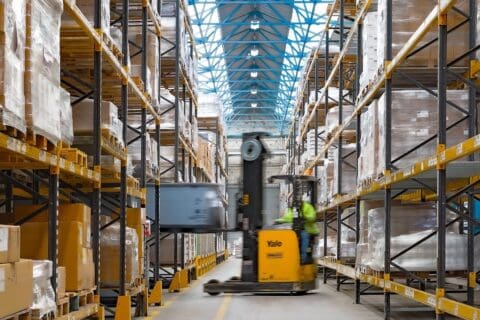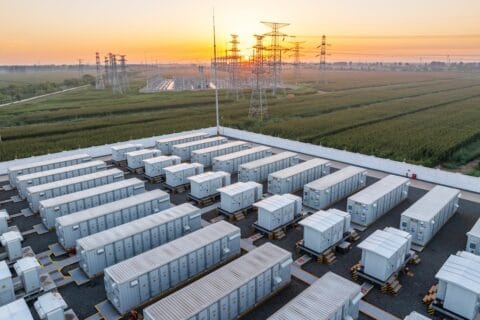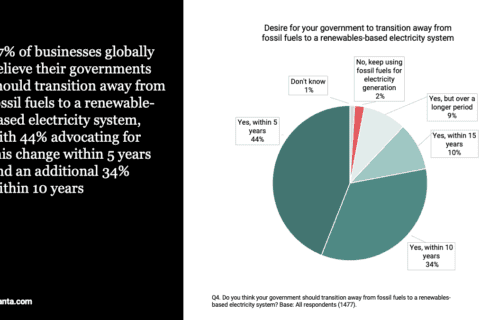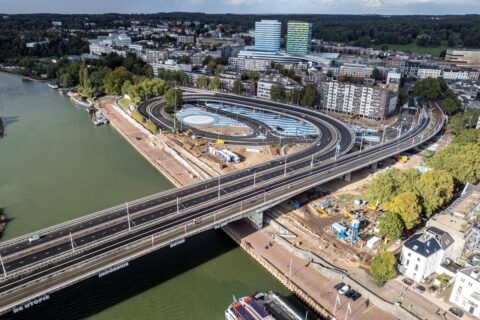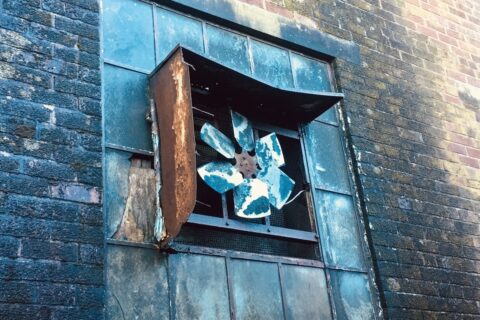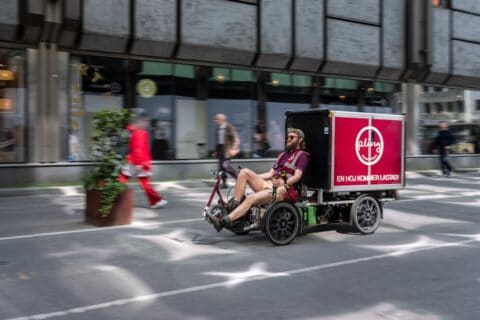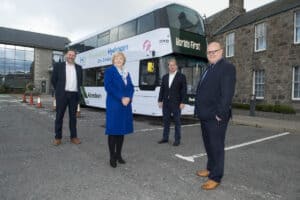
In what might be regarded as almost a symbolic moment in the grand energy transition, the world’s first hydrogen-powered double-decker bus was revealed this week in Aberdeen, on the northeast coast of Scotland. Nicknamed the ‘Granite City’, Aberdeen rose to fame in the second half of the last century as the centre of the European petroleum industry, with the discovery of major North Sea oil and gas reserves offshore, some 50 years ago.
The arrival of the first of the zero-emission buses therefore underlines the city’s changing role as the energy capital of Europe and shows its commitment to the transition towards green energy and away from fossil fuels as part of its Net Zero Vision.
The hydrogen double-deckers will be spotted around the city for several weeks during a period of final testing along with training for drivers, with the buses expected to be in service next month.
The buses are as efficient as electric equivalents, with refuelling taking less than 10 minutes and offering a greater range. Water is the only emission from the vehicles which reduces carbon emissions and the new buses continues to contribute to the city’s commitment to tackling air pollution.
The UK’s first hydrogen production and bus-refuelling station was opened in Aberdeen in 2015, as part of a £19M green transport demonstration project. The Aberdeen City Council-led project tested the economic and environmental benefits of hydrogen transport technologies and aims to drive the development forward.
Speaking at the launch, Aberdeen City Council Co-Leader Councillor Jenny Laing said:
“We are very proud to bring the world’s first hydrogen-powered double-decker buses to Aberdeen as it shows the city continues to be at the forefront of developing green technologies.
“The roll out of the new double-decker buses will help to cement Aberdeen’s position as an entrepreneurial and technological leader as the new buses come with even more advanced technology, which pushes established hydrogen boundaries and greatly assists us in tackling air pollution in the city.”
Aberdeen City Council Co-Leader Councillor Douglas Lumsden added:
“By leveraging our unique assets and capabilities, we will help lead the world on the rapid shift to a net zero future and support the global energy transition as a climate positive city.
“We are responding, as a city and place, to the environmental imperative and also our role as a world leader in the energy sector as an economic driver for the city, region, Scotland and the UK.”
The buses have been manufactured by a UK company — Northern Ireland-based Wrightbus — and will complement the existing fleet that the city already boasts, including a range of hydrogen and electric vans, road sweepers, and cars through a car-share scheme.
Wrightbus owner and Executive Chairman, Jo Bamford said:
“We’re immensely proud to be putting the world’s first fleet of hydrogen double deckers onto the streets of Aberdeen.
“These buses represent much more than Aberdeen striving to reach a clean air, zero-carbon future. They represent the start of what could be a world-leading hydrogen economy here in Scotland which will bring with it multi-million pound investments and tens of thousands of jobs.
First Aberdeen, part of the multinational company First Group which originated in the city, is to run the 15 buses along one of its most popular service routes and the new vehicles will further underline the city’s role as a pioneer in hydrogen.
David Phillips, Operations Director for First Aberdeen, said:
“We are delighted to be operating these state-of-the-art double decker hydrogen buses in partnership with Aberdeen City Council.
“We look forward to rolling them out to the people of Aberdeen later this month and it is exciting to play a part in the latest leg of the city’s hydrogen journey. First Aberdeen are committed to working with local stakeholders to accelerate our driver for a zero-emission fleet across our entire network by 2035 and we are excited to see the impact these buses will have.”
The vehicles will be operated by First will be mainly on the Service 19 (Peterculter to Tillydrone) along with other services and is part funded by the European Union’s JIVE project, which aims to aid commercialisation of hydrogen buses through joint procurement between cities. Cities that will follow Aberdeen’s footsteps include London and Birmingham, with Dundee and Brighton and Hove being lead partners in JIVE2.
The new £8.3M project has been funded by Aberdeen City Council, the Scottish Government, and the European Union (FCH JU), with an investment of about £500,000 per vehicle.
Scotland’s Energy Minister, Paul Wheelhouse, said:
“Our funding contribution of £3M towards this new fleet is evidence of our commitment to decarbonising transport, as a key element of Scotland’s journey to net-zero carbon, with potential economic benefits for the North East and right across the remainder of Scotland.”
First Aberdeen is the largest bus operator in the city with more than 176 buses and coaches carrying more than 16M passengers across Aberdeen in the past 12 months. The company operates from its King Street bus depot and employs more than 450 staff.
Wrightbus, based in Ballymena, Northern Ireland, builds the world’s lightest bus chassis and has developed the world’s first double-decker hydrogen bus. Owned by Jo Bamford, who bought the business in 2019, Wrightbus is at the vanguard of the zero-emission bus movement. The first hydrogen buses will begin operation in Aberdeen and London in 2020, with more local authorities looking to introduce them to their fleet over the coming years.
The project is being funded with £2.5M from Aberdeen City Council, £3M from the Scottish Government, £2.3M from the European Union (FCH JU), and the remainder from the commercial leave arrangement.
Further Reading:
- More about the Fuel Cells and Hydrogen Joint Undertaking (FCH JU);
- More about the JIVE (Joint Initiative for hydrogen Vehicles across Europe) project;
- More information on the Aberdeen City Council Net Zero Vision (PDF).
>>> Do you have sustainability news to broadcast and share? If you would like to see it featured here on SustMeme, please use these Contact details to get in touch and send us your Press Release for editorial consideration. Thanks.


